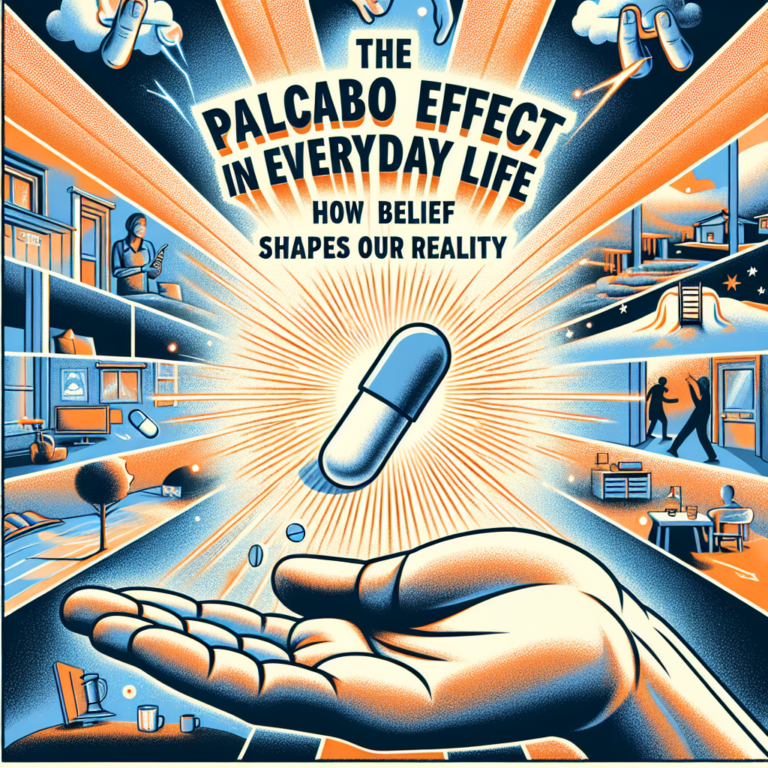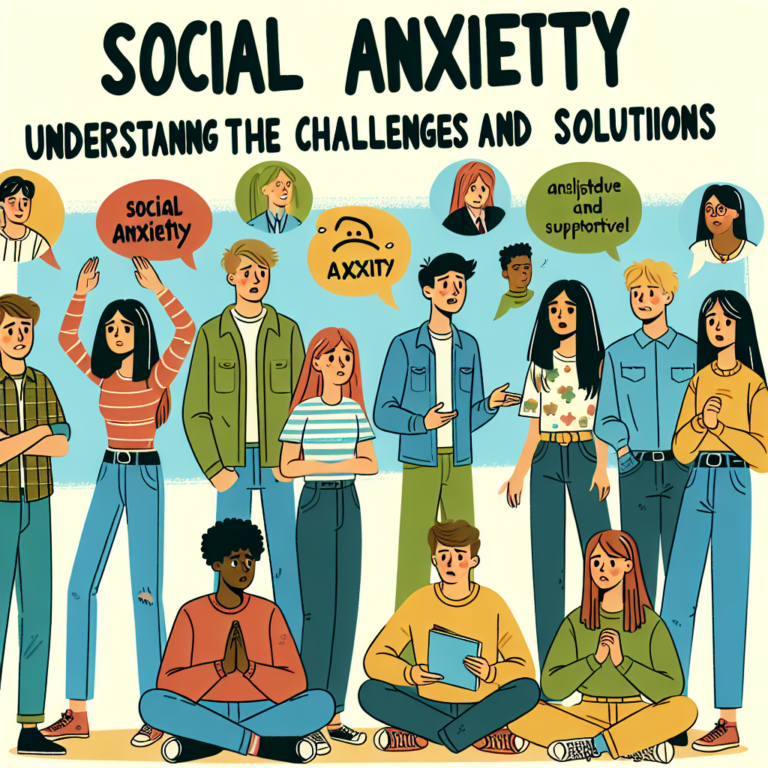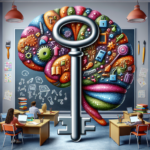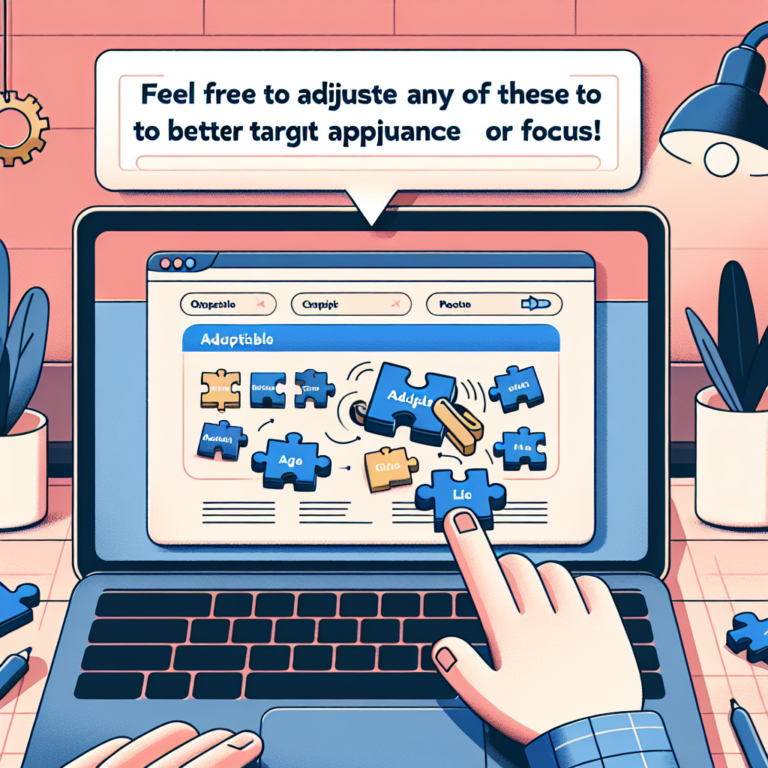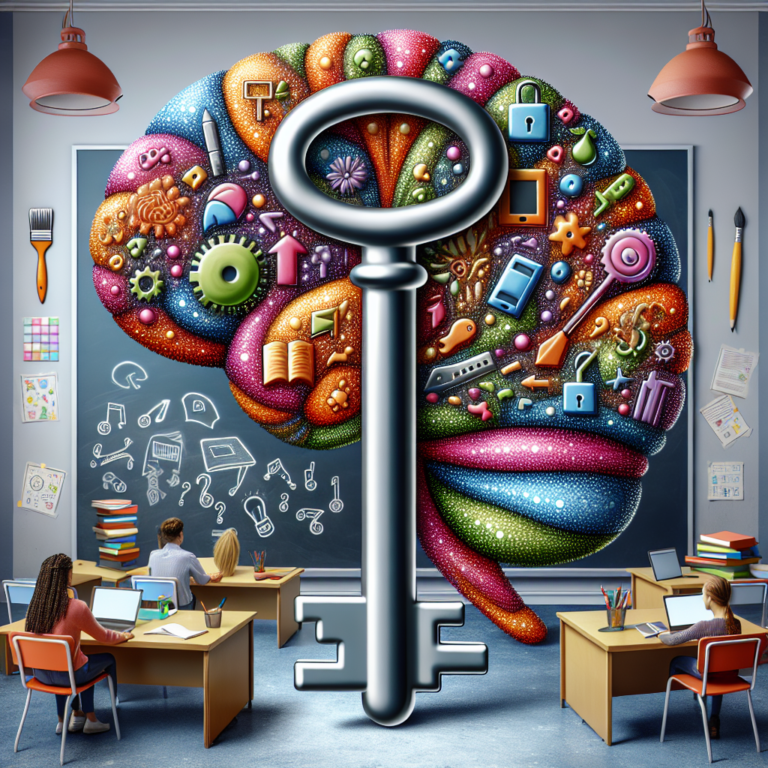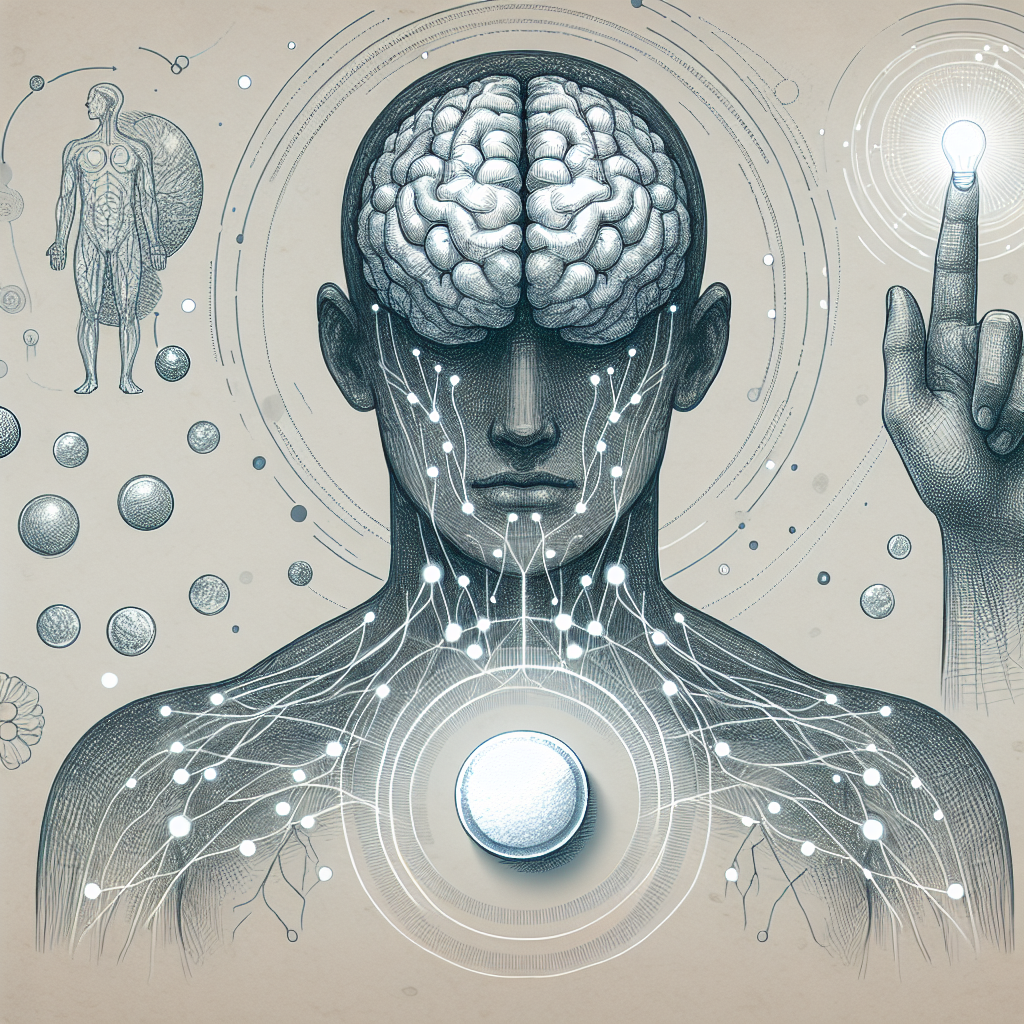
Introduction: Unlocking the Power of the Mind
Imagine a world where the mere belief in a treatment can initiate healing, where the mind’s power transcends into the body’s functioning. Welcome to the intriguing realm of the placebo effect—a phenomenon that continues to captivate researchers, medical professionals, and curious minds alike. The Placebo Effect Revealed: Understanding the Mysteries of the Mind-Body Connection is not just a catchy phrase; it embodies an essential truth about human potential and wellness. With a surge in interest due to advancements in neuroscience and psychology, we find ourselves exploring how our thoughts can shape our physical reality. In this article, we will dive deeper into the mysteries of the placebo effect, unraveling its implications, case studies, and what this means for health and treatment.
The Science Behind the Placebo Effect
What is the Placebo Effect?
At its core, the placebo effect is a psychological phenomenon where a person experiences a perceived improvement in their condition after receiving a treatment that has no therapeutic value. This can be a sugar pill, saline solution, or any inert substance. The crucial element is belief—the belief that the treatment will work. Researchers have defined the placebo effect in various ways, emphasizing its mind-body connection as a significant factor in recovery and health.
A Brief History
The concept of using placebos dates back thousands of years, with ancient healers employing various rituals and remedies believed to invoke healing through faith and belief. In the 20th century, rigorous scientific studies began to quantify the effectiveness of placebos, revealing that responses could often match those of actual medications.
Mechanisms of Action
The underlying mechanisms of the placebo effect are fascinating. Research indicates that it can trigger the brain’s reward systems and release neurotransmitters like endorphins, dopamine, and serotonin. This biochemical response can alleviate pain, enhance mood, and even boost immune system function. Understanding how the brain sends signals to the body allows us to appreciate the profound impact of our thoughts.
Case Studies: Real-World Applications of the Placebo Effect
Case Study 1: Surgery vs. Sham Surgery
A pivotal study published in the New England Journal of Medicine explored the impact of sham surgeries in patients with arthritic knees. Patients underwent real surgery, while others had a fake procedure where incisions were made without actual intervention. Remarkably, both groups reported significant improvements in pain and functioning. This case underscores the power of belief and expectation on the physical body, reinforcing the Placebo Effect Revealed: Understanding the Mysteries of the Mind-Body Connection.
Case Study 2: Chronic Pain and Placebo
Another compelling example comes from a large clinical trial on chronic pain. Participants received either real medication or a placebo. Those who believed they were receiving an effective treatment reported substantial pain relief, illustrating how anticipation can reshape physical sensations. This bears important implications for pain management strategies.
Case Study 3: Depression and Placebo Response
A meta-analysis of clinical trials investigating antidepressants demonstrated that placebos produced significant improvement in participants with depression. The correlation between patient expectations and treatment outcomes emphasizes that mental states heavily influence emotional health. The findings provide insights for researchers to refine cognitive-behavioral therapies.
Exploring the Placebo Effect in Modern Medicine
Placebos in Clinical Trials
In clinical trials, the placebo effect serves as a control to determine the efficacy of new drugs. Understanding its dynamics allows scientists to differentiate antibody responses from psychological influences, thereby producing clearer results. Statistically, treatments need to show significant improvement compared to placebo responses to be considered viable.
The Ethics of Using Placebos
The ethical implications of using placebos in treatment remain a contentious issue. While some argue that placebos can improve outcomes when patients are unaware of their administration, others advocate for transparency. Ultimately, the conversation highlights a critical aspect of the Placebo Effect Revealed: Understanding the Mysteries of the Mind-Body Connection: how honesty and environment can foster trust and possibly enhance health.
The Mind-Body Connection: Psychological Influence on Physical Health
Cognitive Behavioral Therapy (CBT) and Placebo
CBT focuses on the interplay between thoughts, emotions, and behaviors, aiming to address maladaptive thought patterns. A study showed that participants employing CBT techniques had a robust placebo response, linking mental training and physical improvement. Notably, practitioners can harness this synergy for therapeutic advancements.
The Role of Environment and Expectations
A positive healthcare environment can also enhance the placebo effect. Comforting surroundings, supportive healthcare staff, and a strong doctor-patient rapport can elevate patient expectations, further bridging the gap between mental belief and physical outcomes.
| Factors | Influence on Placebo Response |
|---|---|
| Environment | Enhances comfort and reduces anxiety |
| Doctor-Patient Rapport | Builds trust and expectation |
| Patient Education | Empowers belief in treatment efficacy |
Actionable Insights: Harnessing the Power of the Placebo Effect
Emphasize Positive Expectations: Encourage patients to focus on successful outcomes. A positive mindset can significantly enhance recovery.
Create a Supportive Environment: Foster well-being through a comfortable, supportive setting in healthcare facilities.
Educate About the Mind-body Connection: Increase awareness regarding how thoughts and emotions influence physical health.
Employ Holistic Approaches: Integrate mental and physical therapies for a comprehensive treatment strategy.
- Communicate Openly: Ensure transparency about treatment options, fostering trust and collaborative care.
Conclusion: The Power of Belief in Healing
In closing, the Placebo Effect Revealed: Understanding the Mysteries of the Mind-Body Connection is vital in defining modern healthcare practices. It encapsulates how interconnected our mental and physical states are and emphasizes the need for a more integrative approach to health. The take-home message is profound: our beliefs and expectations can facilitate healing in ways we are still uncovering. As we advance in our understanding of this phenomenon, we can unlock more significant potential in a holistic approach to health and wellness.
FAQs Section
1. What is the placebo effect?
The placebo effect is a psychological phenomenon where patients experience real improvements in their condition after receiving a treatment that has no therapeutic value, often due to their belief in its efficacy.
2. How does the placebo effect work?
It works by activating the brain’s reward systems, leading to the release of neurotransmitters that promote healing and improve well-being.
3. Are placebos ethical in clinical trials?
Yes, placebos are used ethically to control variables in clinical trials, though the debate continues on the transparency of their use in treatment.
4. Can the placebo effect work on all conditions?
While the placebo effect may not be universally applicable, it has shown significant results in pain management, depression, and even some chronic conditions.
5. How can I harness the placebo effect in my health journey?
Focus on building positive expectations about your treatment, foster a supportive environment, and engage in practices that enhance your mental well-being.
The exploration of the placebo effect is a gateway to understanding our vast potential for healing—one that merges science with the mysterious depths of the human mind. As we unravel these complexities, we can begin to appreciate just how powerful our thoughts can be in shaping our physical realities.








